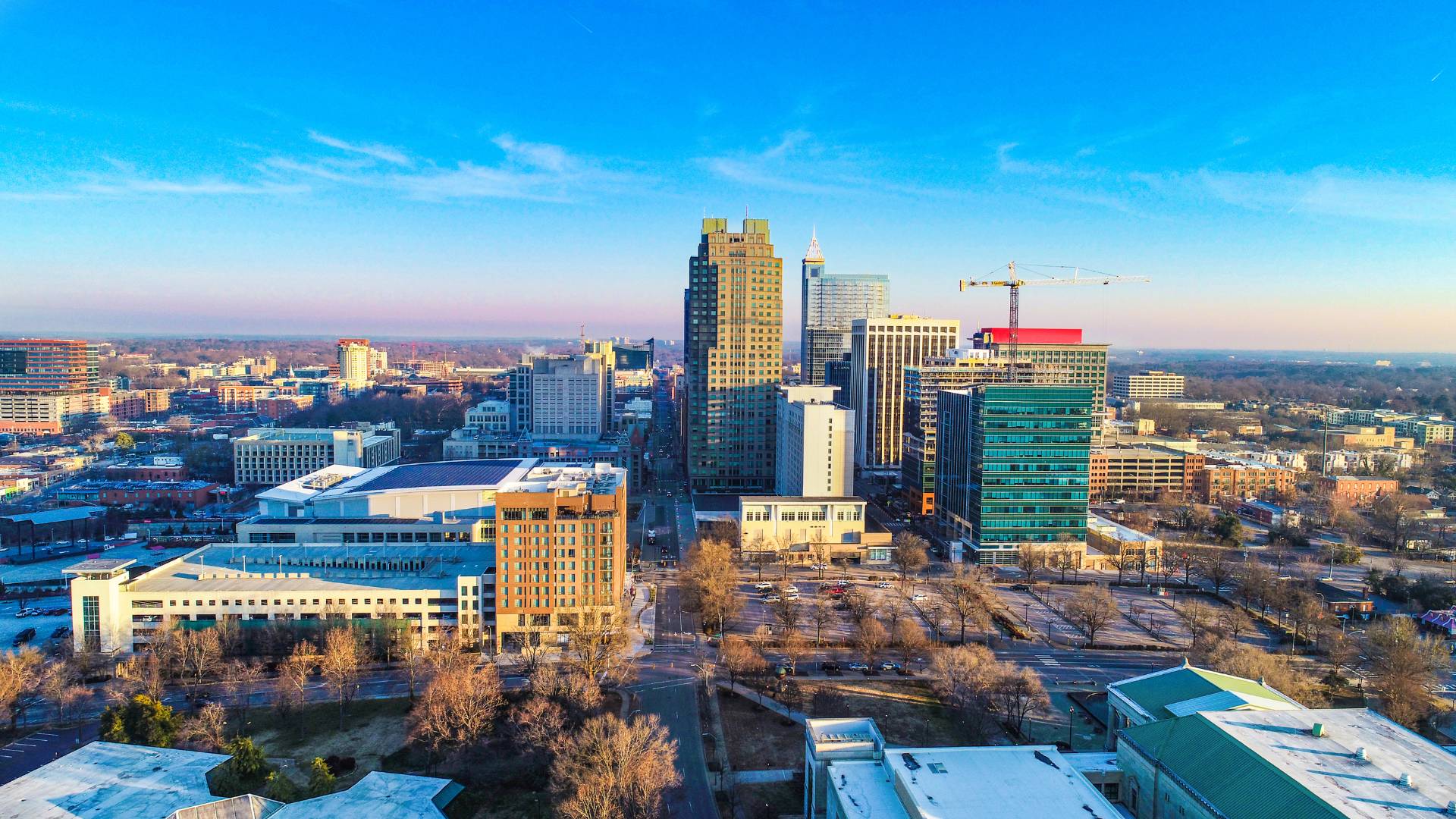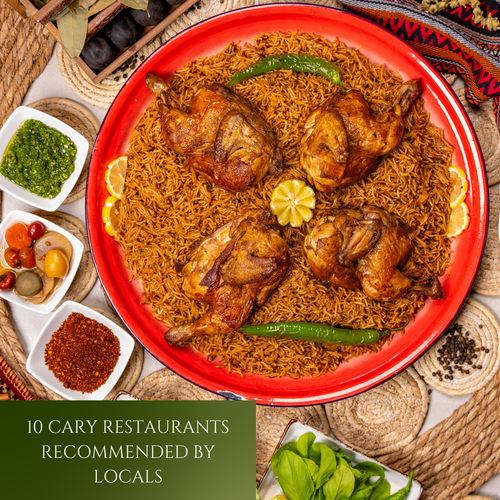Life in Raleigh, NC: City, Country, and Suburban Living Compared
Raleigh, North Carolina—“City of Oaks”—offers a rare blend of urban energy, rural tranquility, and suburban comfort. Whether you're chasing career growth, family-friendly neighborhoods, or peaceful acreage, Raleigh’s diverse lifestyle options make it easy to find your perfect fit. Here's your complete guide, including local restaurants, festivals, neighborhoods, and top jobs for each lifestyle.
Urban Pulse: City Living in Raleigh
Downtown Raleigh and its surrounding districts are ideal for professionals, creatives, and anyone who thrives on accessibility and excitement.
Highlights
Popular Neighborhoods:
Warehouse District: Loft living, art galleries, and tech startups.
Oakwood: Historic homes and walkable streets.
Boylan Heights: Bungalows with skyline views and an artsy vibe.
Local Restaurants:
Tamasha Modern Indian: A visual and culinary stunner.
Bida Manda: Cozy Laotian cuisine.
Crawford & Son: Elevated Southern fare.
Festivals & Culture:
Hopscotch Music Festival: Indie music across downtown venues.
Artsplosure: Spring celebration of visual and performing arts.
Brewgaloo: NC’s largest craft beer festival.
Top Jobs & Employment
Tech & Innovation: Software engineers, data analysts, UX designers—especially at Red Hat, Pendo, and Citrix.
Education & Research: Professors, researchers, and lab techs at NC State University and nearby institutions.
Healthcare: Nurses, medical technicians, and administrators at WakeMed and UNC Rex Hospital.
Government & Policy: Roles in state government, public administration, and urban planning.
Pros
Walkable neighborhoods and public transit.
Rich cultural and culinary scene.
Proximity to major employers and networking events.
Cons
Higher cost of living and limited space.
Traffic congestion and construction.
Less green space than suburbs or rural areas.
Rustic Retreat: Country Living Around Raleigh
Rural communities like Wendell, Rolesville, and Zebulon offer peace, space, and a slower pace of life—perfect for nature lovers and remote workers.
Highlights
Popular Areas:
Wendell Falls: Trails, town center, and community events.
Rolesville: Small-town charm with growing amenities.
Zebulon: Affordable homes and quiet living.
Local Flavor:
Wendell Farmers Market: Fresh produce and handmade goods.
Shrop Fest at Phillips Farms: Wings, ribs, and family fun.
Top Jobs & Employment
Remote Work: IT, marketing, consulting, and freelance roles that allow work-from-home flexibility.
Agriculture & Trades: Farming, landscaping, and skilled trades like plumbing and carpentry.
Logistics & Manufacturing: Warehousing and production jobs in nearby industrial parks.
Education & Local Services: Teachers, mechanics, and small business owners serving local communities.
Pros
Larger lots and lower housing costs.
Peaceful surroundings and outdoor recreation.
Ideal for gardening, hiking, and privacy.
Cons
Longer commutes to Raleigh.
Limited dining and entertainment.
Fewer public services and slower internet in some areas.
Balanced Comfort: Suburban Life in Raleigh’s Metro Area
Suburbs like Cary, Apex, Holly Springs, and Wake Forest offer a middle ground—close to the city, but with more space, top schools, and strong community vibes.
Highlights
Popular Subdivisions:
Amberly (Cary): Resort-style amenities and top-rated schools.
Bella Casa (Apex): Elegant homes and community pools.
Sunset Ridge (Holly Springs): Golf course living with family-friendly vibes.
Heritage (Wake Forest): Trails, pools, and golf in a planned community.
Local Restaurants:
Saap (Cary): Bold Laotian cuisine.
Scratch Kitchen (Apex): Comfort food with a local twist.
Over the Falls (Wake Forest): Casual dining with a neighborhood feel.
Festivals & Events:
Lazy Daze Arts & Crafts Festival (Cary): 300+ artists and live music.
Holly Springs International Food Festival: Global flavors and performances.
Marbles Kids Food Festival: Hands-on cooking demos for children.
Top Jobs & Employment
Corporate & Professional Services: Project managers, HR specialists, and finance professionals in regional offices.
Education & Healthcare: Teachers, counselors, and nurses in top-rated schools and suburban clinics.
Retail & Hospitality: Store managers, chefs, and service staff in growing commercial centers.
Construction & Real Estate: Builders, agents, and developers supporting rapid suburban growth.
Pros
Excellent schools and family-friendly amenities.
Spacious homes with yards and parks.
Strong sense of community and safety.
Cons
Car-dependent lifestyle.
Fewer nightlife and cultural venues.
Rapid growth can lead to traffic and sprawl.
Final Thoughts
Raleigh’s versatility means you don’t have to compromise. Whether you're launching a tech career downtown, running a small business in the countryside, or raising a family in the suburbs, there’s a neighborhood—and a job market—ready to support your lifestyle.
Want help comparing commute times, school districts, or job opportunities in these areas? I’d be happy to guide you through it.


